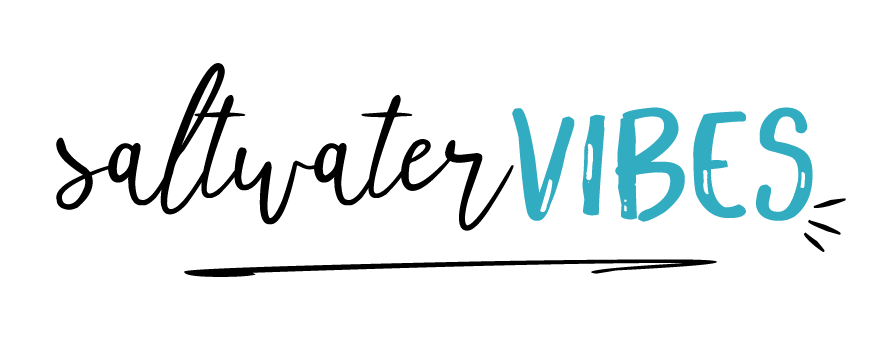Last week we scratched the surface on some issues in our oceans. But what does it all mean for you? Why should you do 5 things, let alone any things to help save our oceans? Well let me tell ya - their is a whole lot of reasons to care, and they all effect you.
Read MoreIt is amazing how much buzz our oceans are causing these days. From shark finning, to coral bleaching, the ungodly amount of plastic, and even oil drilling, its so encouraging to see these topics being brought into the public light. Here are Saving Blue we feel an obligation to keep you informed but also to help inspire real change in your life.
Read MoreThe past few weeks we have explored different aspects of offshore drilling, including why we drill and what happens when it spills into our waters. But now, we’ve come to the most important part of the series: creating change.
Read MoreOur first two series on Saving Blue educated you on whats really happening below our ocean surface - with thousands of tons of plastic clogging our sea to our coral bleaching and dying off - the sea needs our help. But under the surface is only half the battle here. To understand our ocean's issues and how we can help it we need to face the reality of Climate Change and how that effects big blue.
Read MoreThe past couple weeks we have explored the devastating effects of coral bleaching on our reefs. From marine life, to ourselves, the loss of the reefs will bring many difficult consequences for our planet in the near future. As challenging as it is to accept the idea that global coral bleaching is a result of human activity, we must embrace it and move forward with action. This week Saving Blue will be sharing what YOU can do to participate in preserving our reefs. Here’s what you can do to get started.
Read MoreLast Wednesday, we explored the issue of a catastrophic event taking place right now, all over our oceans: global coral bleaching. As mentioned in last week’s post, by 2050 scientists anticipate the death of 90% of all coral reefs, worldwide. For many of us this issue is out of sight, out of mind and it is hard to imagine the loss of a species that many of us have never actually seen. But unfortunately the death of this species will have a massive global impact on both those who are near and far from our waters.
Read MoreCoral reefs: the city, the rainforest, the heart of the underwater world of our planet. While reefs take up less than one quarter of one percent of the ocean floors, they are home to at least 25% of all marine life. Essentially, that's two million species of marine life that are found on, in or around coral. Coral reefs are symbolic for the color, health and life of our oceans...and yet, they are rapidly disappearing.
Read MoreBy now you are well aware of the impact of Plastic on our oceans, and hopefully if you're reading this you were inspired to put those emotions into actions and make a change! There are so many ways we are hurting our oceans, but there is also so many ways we can help.
Read MoreLast week we dove straight into the heart of the issue at hand: plastic. Everywhere. Our oceans are screaming for help as the dangerous situation continually occurs. You learned about the cold hard facts of plastic in our oceans, but why should you care? You may be thinking, "so what if our ocean floor is covered in plastic bottles? It's not affecting me." I hate to be the bearer of bad news, but truth is, it does matter and it does affect you.
Read MoreHave you ever thought about plastic? What it’s made from? Where does it go after it’s thrown away? How is it recycled? Why is it e v e r y w h e r e?
Our plastic pollution isn’t just a problem any more - it’s a crisis.
Read More










